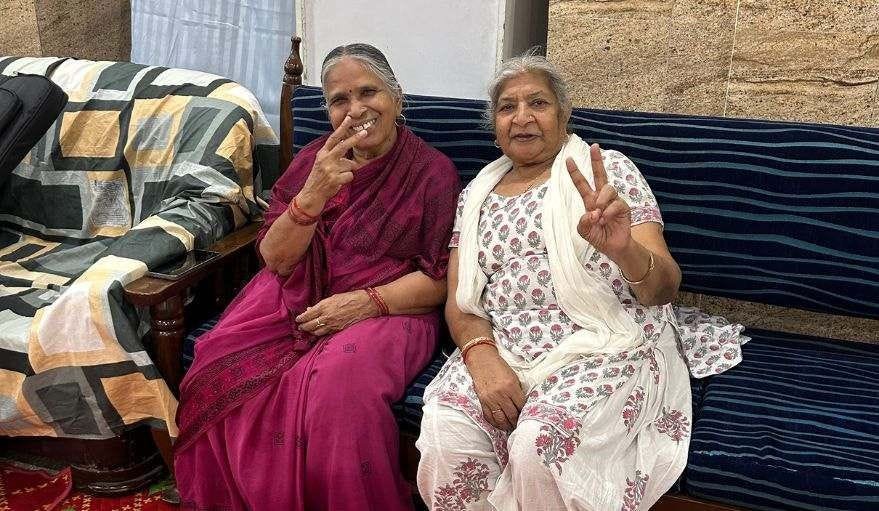In a significant move to enhance public healthcare access and equity, the Government of Guyana has introduced a Health Sector Voucher initiative aimed at supporting vulnerable populations across the country. This strategic intervention seeks to reduce the financial burden associated with accessing essential health services, particularly for low-income households, pregnant women, the elderly, and persons with chronic illnesses.
The voucher system, which is being rolled out in phases, provides eligible citizens with access to a range of primary healthcare services, including maternal and child health, diagnostic tests, and medications. The initiative is part of the government’s broader commitment to achieving Universal Health Coverage (UHC) by strengthening the public healthcare infrastructure while also leveraging private sector partnerships.
Minister of Health, Dr. Frank Anthony, noted that the program is designed to “bridge the gap between the population and the healthcare services they need but may not afford.” He emphasized that the government is working diligently to ensure that no citizen is left behind, especially those in hinterland and remote regions where healthcare access has historically been limited.
The vouchers are being distributed through local health centers, community health workers, and regional hospitals, ensuring a decentralized and inclusive approach. Health providers, both public and approved private entities, will be reimbursed by the government for services delivered under the voucher program. This not only ensures financial sustainability for service providers but also incentivizes quality care.
Initial reports indicate a positive reception from the public, with many praising the government’s responsiveness to rising healthcare costs and the increasing prevalence of non-communicable diseases (NCDs) such as diabetes and hypertension. Beneficiaries of the program have highlighted the ease of access to essential medications and routine screenings, which were previously cost-prohibitive.
While the program is still in its early stages, healthcare experts view it as a progressive step towards addressing health inequities and promoting preventive care. Monitoring and evaluation mechanisms have been put in place to assess the program’s impact and ensure continuous improvement.
As Guyana’s economy continues to expand, particularly with the growth of the oil and gas sector, initiatives like the Health Sector Voucher program represent a critical investment in human capital. By prioritizing health access for all citizens, the government is laying the foundation for a healthier, more resilient population capable of contributing meaningfully to national development.




